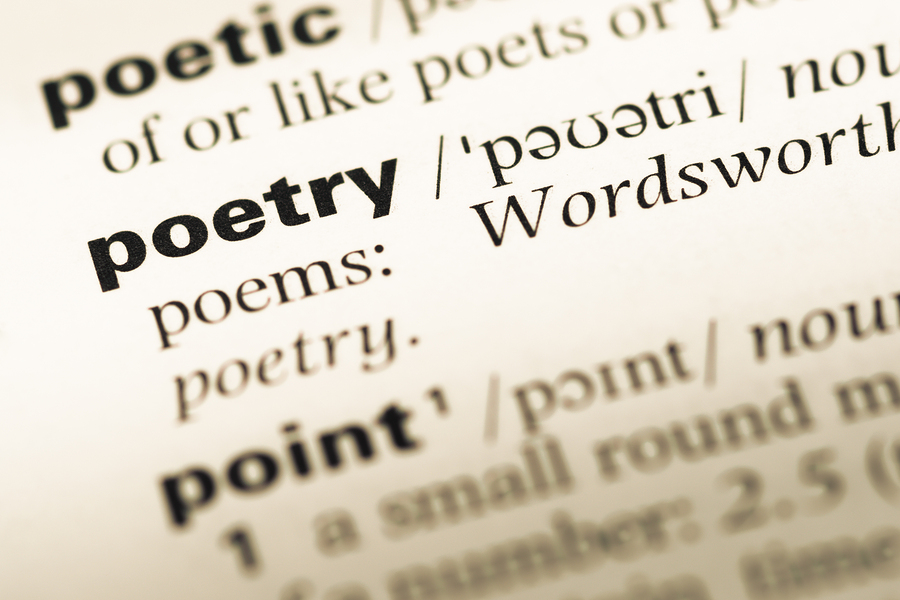Poetry can be a powerful messenger. Many of the themes touched on by poets are universally human. If it wasn’t for translators, we would be confined to the poetry of poets who speak the same language as ourselves and would be denied the richness of those whose language is different. But translating poetry is a challenging task and poetry translators are a special breed. What makes it so difficult?
Keeping the melody
Rhyme is a constant, if not completely universal them in poetry. Literary translators given the task of translating a task that relies on rhyming have to look for ways that the original rhyme can be retained without losing the meaning of the words. This can be difficult but certainly not impossible. Many languages have syllables that can be used to retain a rhyme and in fact, poetry translators probably find rhymes the least challenging aspects of poetry translation.
Maintaining the pulse
Poetry usually has a certain rhythmic quality which translators have to mimic. This is usually due to the number of syllables in each line of the poem. Translators must try and keep to the same number of syllables and this takes quite a bit of juggling as different languages are not structured the same. It usually means that the professional translator must have an in depth knowledge of both languages so that the words can be changed to keep the rhythm without altering the message and nuances of the original poem.
Metaphorically speaking
Metaphors are probably the most difficult part of a poem to translate. Metaphors are almost always culturally specific. Translators have to tread a fine line between linguistic similarity and cultural misunderstanding. Take the metaphor “as quick as a flash”, for instance. To English speakers the metaphor is instantly recognisable. The flash of course refers to a flash of lightning, but the use of the translated word for lightning does not make the translated metaphor so meaningful. It helps that the translator is a poet as well as a language expert!
Idioms and other complexities of poems
There are many other aspects of a poem that are unique to the language that it is first written in. Take onomatopoeia, for instance. This is the use of words, often completely made up, that resemble sounds in real life. Try translating the word “plop” into another language! Many poems, particularly children’s poems, are rich in these words. Then there is alliteration, idiomatic expressions, similes and symbolism that are literally scattered through most poems. Translators have to work their way through these literary complexities and nuances and do the best they can. If it wasn’t for professional poetry translators we would be forced to learn each individual language if we wanted to enjoy the delights of foreign poems.



